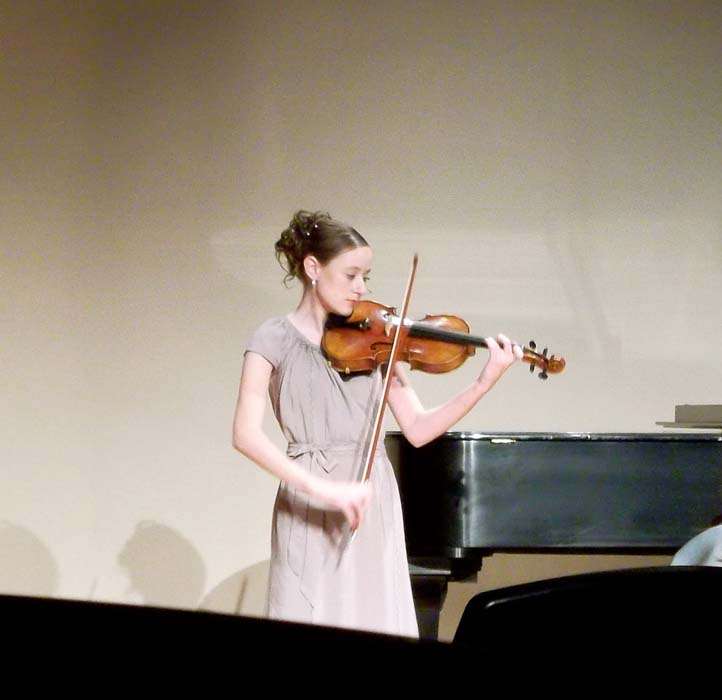Mellifluous. The word could have been coined especially to describe Rosalie Sorrels’ voice. Whether singing, or storytelling, the word fits. For days I’ve sought other, simpler words, but the search for vocabulary always dissolves to images. For Rosalie, speaking and singing are one. It’s how she communicates.
In her voice is the sound of Grimes Creek dancing over rocks and nudging flecks of gold along the course of its laughing waters. Then sometimes you’ll hear the gravel that lines the creek bed. You hear the trilling songs of birds that sail bright skies in her mountain sanctuary, and the shusshing sway of pine branches fluffed by breezes that sing to the cabin her father built by hand early in the last century. Sometimes you’ll catch a momentary glimpse of the sharp edges of rocks lining the canyon walls.
She came by it naturally as part of a well-read family of people who also loved to sing. As she talks, she switches from conversation to poetry to song in a smooth flow. In 1999 Idaho’s songbird also was chosen for a Circle of Excellence award from the National Storytelling Network.
For more than a half-century, Rosalie Sorrels has taken the sounds and stories of Idaho across the continent and beyond the seas. Jim Page, a folksinger from Whidby Island, Washington, once described Rosalie as “the most real person in folk music that I’ve ever met.” Now past her seventieth birthday, her outlook on life is both broader and narrower than it was when she was a younger woman. She has traveled extensively and has seen the world, yet the greatest treasures of her life are her family and her little handmade Grimes Creek cabin.
Her mother named the cabin Guerencia, which means “the place that holds your heart.” It’s a snug cabin with posters of her heroes on the ceiling so she can look up at them when she is in bed. The cabin’s walls are lined with books stacked layers deep on shelves, all of them read and all remembered.
As a youngster, Rosalie’s father gave her a dollar for each “chunk” of poetry she learned. She earned three dollars for learning Sir Walter Scott’s “Lady of the Lake.” When other youngsters were learning nursery rhymes, Rosalie learned to quote Shakespeare. Continue reading →




